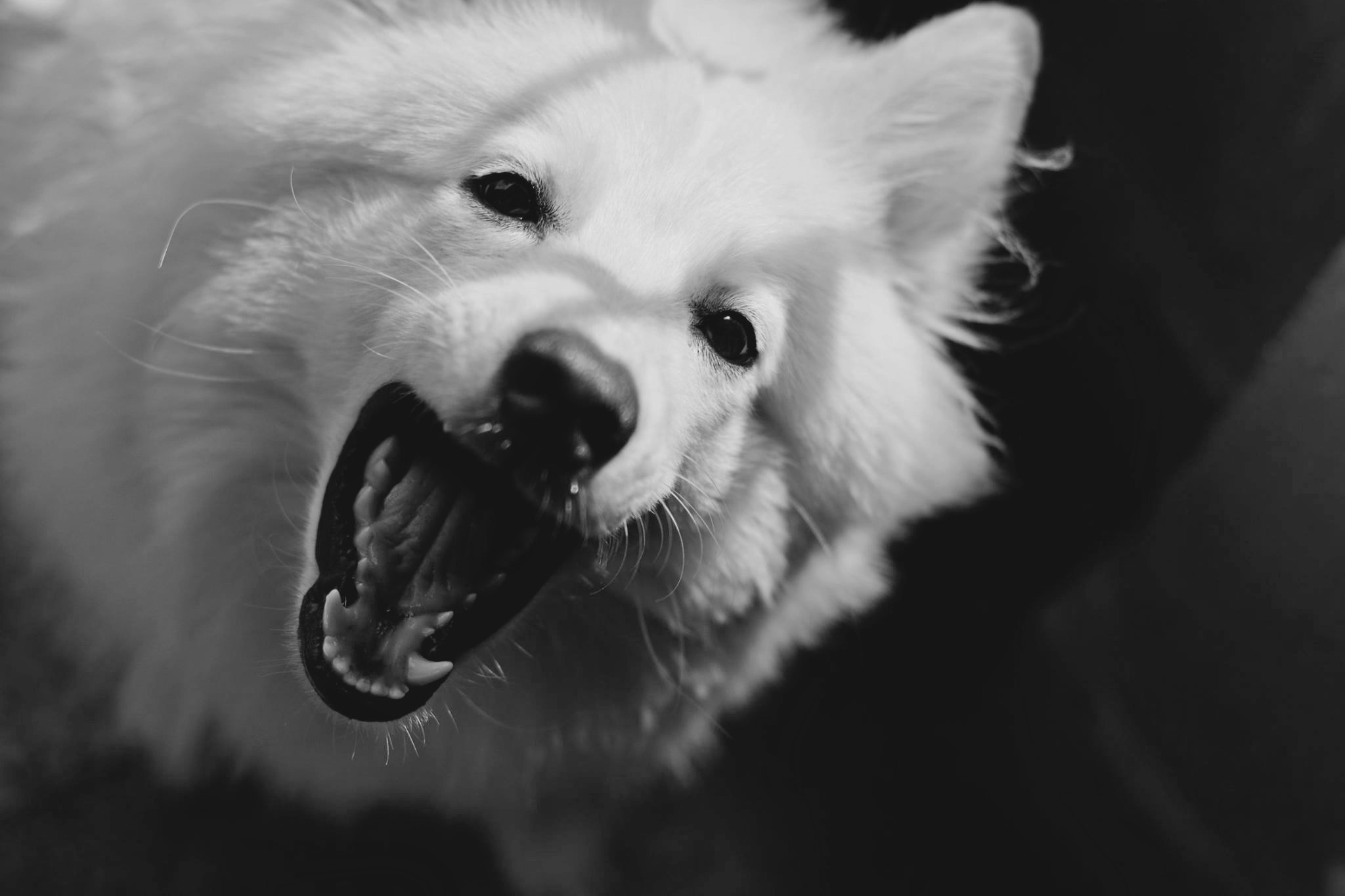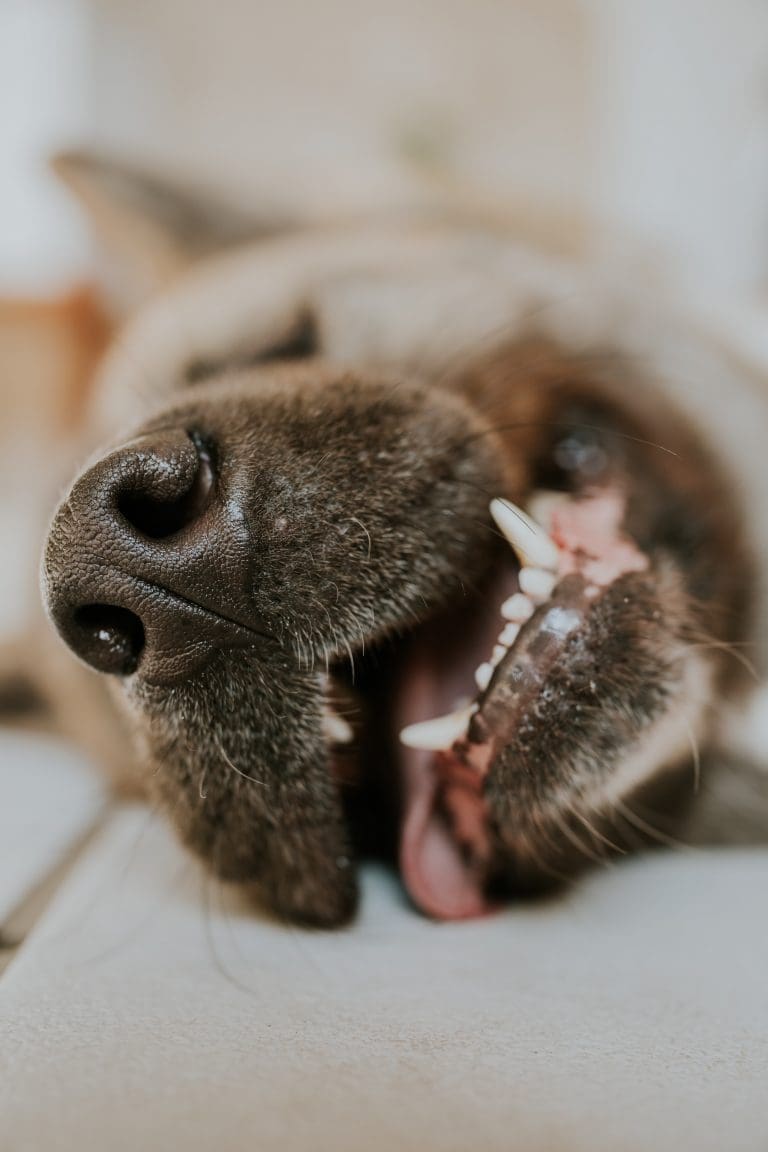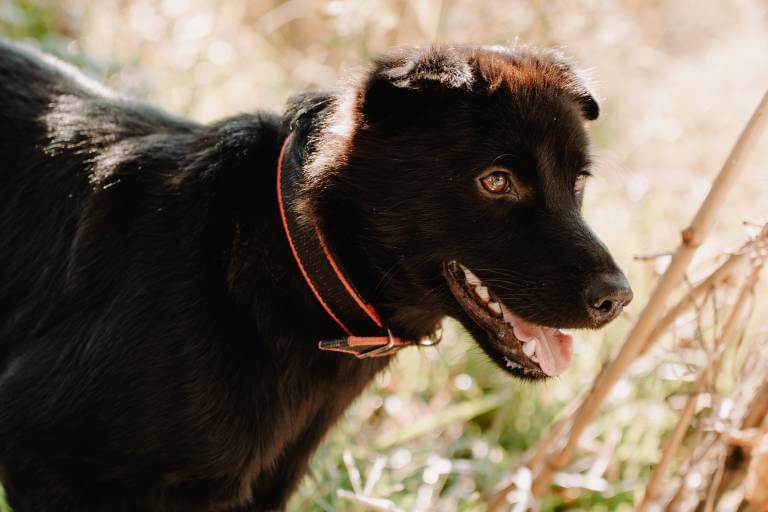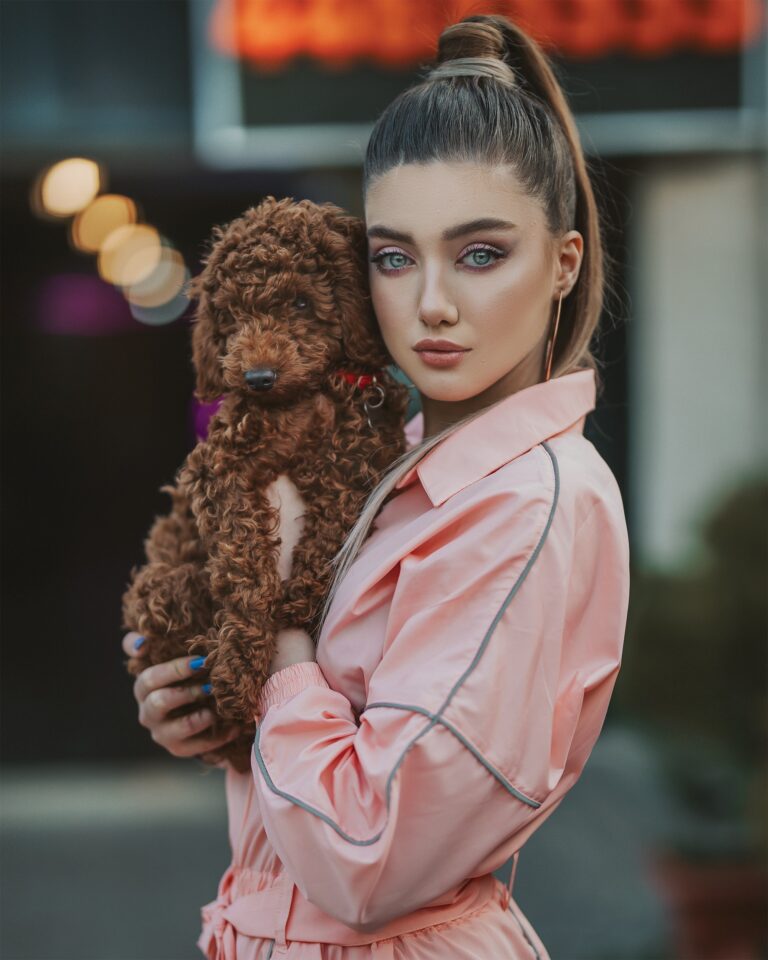How To Calm A Puppy Down?
Post Date:
December 10, 2024
(Date Last Modified: December 10, 2024)
Bringing a puppy into your home can be one of life’s most joyful experiences. Those little tails wagging excitedly, the playful barks, and the soft fur can easily melt anyone’s heart. However, puppies are known for their boundless energy and curiosity, which can sometimes lead to overwhelming moments for both the puppy and the owner. Learning to calm a puppy down is essential for establishing a peaceful home environment and fostering a healthy bond with your new pet.
Understanding Puppy Energy
Puppies are naturally energetic and curious beings. Their high energy levels stem from instinctual behaviors. In the wild, a puppy would need to play and explore to learn vital survival skills. This playful behavior is not just for fun; it helps them develop their muscles, coordination, and social skills. Adopting a puppy means taking on the responsibility of providing them with the physical and mental stimulation they need to thrive.
Exercise is Key
One of the most effective ways to calm a puppy is ensuring they receive enough exercise. Regular walks, playtime, and interactive games help release pent-up energy, making it easier for your puppy to relax afterward. While it might be tempting to let your puppy run around freely in the yard, structured playtime is often more beneficial. Activities like fetch or tug-of-war direct your puppy’s energy positively while strengthening the bond between you.
Mental Stimulation Matters
Mental stimulation is just as important as physical exercise. Puppies are intelligent creatures that need challenges to keep their minds engaged. Interactive toys, puzzle feeders, and training sessions provide the mental workout your puppy craves. Teaching new commands or tricks keeps them busy and helps establish a routine, which can be a source of comfort and security.
Creating a Safe Space
Establishing a designated safe space can also help calm a puppy down. This could be a cozy crate or a quiet corner filled with their favorite blankets and toys. Puppies often feel overwhelmed by new experiences, sounds, and smells. A safe space allows them to retreat and relax when they need a break from the hustle and bustle of daily life. Make this space inviting and comforting, and your puppy will learn that it’s a place for rest and rejuvenation.
The Importance of Routine
A consistent routine plays a significant role in calming your puppy. Dogs thrive on predictability, and a structured daily schedule for feeding, playtime, and training can help reduce anxiety. When your puppy knows what to expect, they are less likely to feel stressed or overexcited. Consistency in your routine will help your puppy feel secure, fostering a calmer demeanor.
Socialization for Calmness
Socialization is crucial for raising a calm puppy. Exposing your puppy to various environments, people, and other animals can help them become more comfortable in different situations, reducing their anxiety and excitement. However, it’s important to introduce them to new stimuli gradually and positively to avoid overwhelming them. Gentle exposure to diverse settings builds confidence and teaches your puppy to remain calm in various situations.
Creating a Calm Environment
Puppies can become overstimulated from too much noise or chaos. If your puppy seems restless or anxious, consider creating a quieter atmosphere. Lowering the volume of the television or music, or isolating them from overly active play, may help them settle down. A calm environment promotes relaxation, allowing your puppy to unwind more effectively.
Utilizing Calming Techniques
Gentle petting or massage can soothe an anxious puppy. Physical touch creates a sense of security, letting your puppy know they are safe. You might also try calming products such as anxiety wraps, calming chews, or pheromone diffusers designed to reduce stress in dogs. These products can be particularly useful in situations known to trigger anxiety, like thunderstorms or fireworks.
Training for Calm Behavior
Training techniques significantly impact a puppy’s demeanor. Positive reinforcement methods effectively teach commands like “sit,” “stay,” and “down.” Training sessions provide mental stimulation and create a strong bond between you and your puppy. When your puppy learns that calm behavior is rewarded, they’ll be more likely to repeat those actions.
Patience is Essential
Every puppy is unique, and some may take longer to learn to manage their energy levels than others. It’s important to remain calm and avoid negative reactions when your puppy is overexcited. Instead, redirect their energy through training or play, rewarding calm behavior. This positive reinforcement encourages them to associate calmness with good things.
Establishing a Bedtime Routine
Creating a calming bedtime routine is essential. Just like humans, puppies benefit from a peaceful transition to sleep. Establish a pre-bedtime routine that includes quiet time, gentle play, or relaxation techniques. A consistent bedtime helps your puppy understand when it’s time to wind down, leading to a more restful night for both of you.
Seeking Professional Help
If your puppy continues to struggle with excessive excitement or anxiety, consulting a veterinarian or a professional dog trainer may be beneficial. They can assess your puppy’s behavior and suggest tailored strategies to help them calm down. Sometimes, underlying health issues may contribute to hyperactivity, and a professional can help identify and address any potential concerns.
Continuous Adjustment and Growth
Creating a calm environment is a continuous journey. As your puppy grows, their energy levels and needs will change. Regularly reassessing their routine, exercise, and mental stimulation helps adapt to their evolving personality. Building a strong, trusting relationship through patience, understanding, and positive reinforcement fosters a calm and loving home for both of you.
Learning to calm a puppy isn’t just about managing energy; it’s about building a nurturing environment where they feel safe and secure. With consistent effort and love, you can help your puppy thrive, making the journey together enjoyable and fulfilling. This rewarding process pays off as you watch your puppy grow into a well-adjusted and happy companion.






